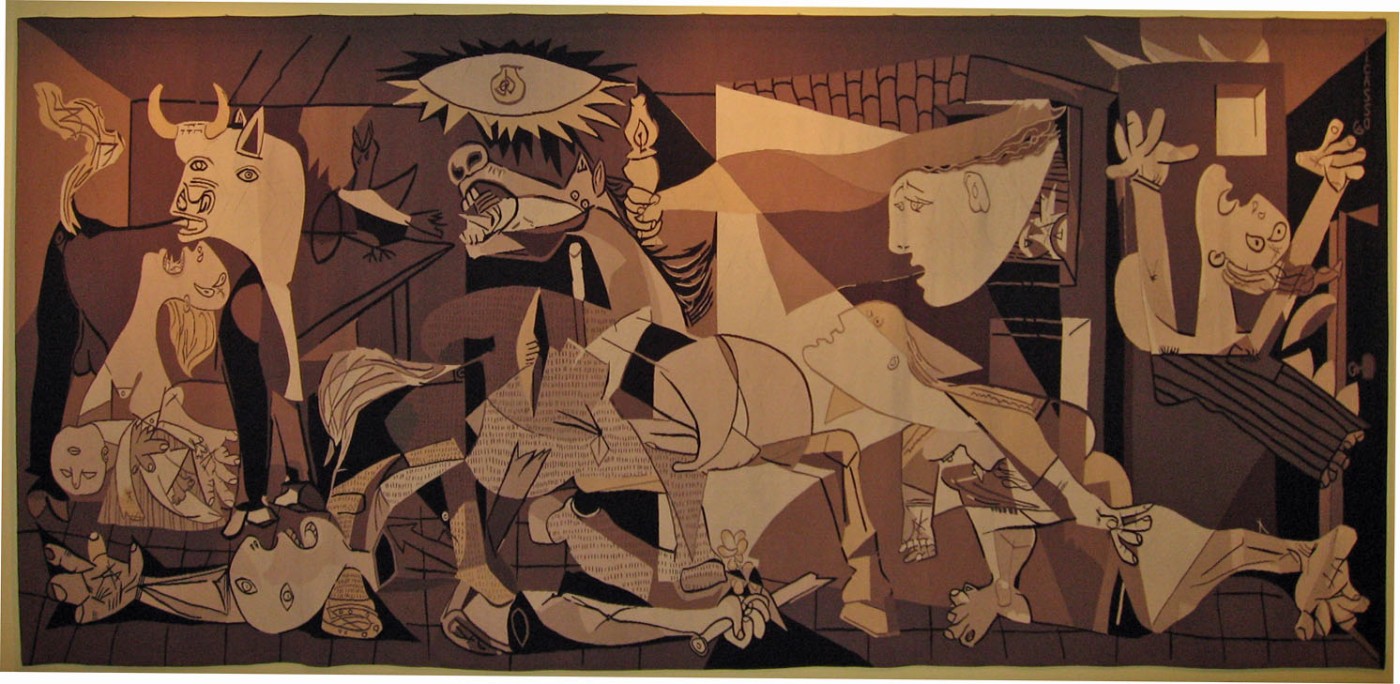
Demetra Tzanaki and Ozan Ozavci discuss eugenics, a pseudo-science that informed how the Greek state treated displaced fellow Greeks a century ago, and that lies behind our concept of meritocracy.
e-mail: demetratzanaki@hotmail.com
Demetra is a teaching fellow at the National and Kapodistrian University of Athens.
The history of eugenics is usually seen as a “Darwin to Deathcamps” tale. A dark chapter in the history of humanity, certainly–a chapter that is now supposed to be closed and behind us. For Demetra Tzanaki, however, any comfort we might take from this is woefully premature. “Eugenics is among us. We did not escape from it.” In this conversation, recorded on 13 May 2024, Demetra begins by sketching out the origins of “eugenics” in Victorian Britain, particularly the role of Francis Galton in developing a concept of “moral intelligence”, which became internationalized in the years around Lausanne. With the help of the Social Hygiene Office of the Rockefeller Foundation, founded a decade before the Lausanne Treaty, a Protestant, capitalist, competitive morality was adopted as an international norm, one the League of Nations sought to instil in all its member states.
‘Coloniality’ does not mean that Greece was just a victim. The Greek state after the Treaty of Lausanne became an actor in this coloniality. ‘The rights of mankind’ mean that we can sacrifice the ‘inferior race’, even if we have the same blood, as they are not equal to us, because they are ‘morally feeble-minded’. People learn that there is an ‘internal enemy’.
The League became “the metropolis of coloniality”. In Greece a Ministry of Social Hygiene used a new network of asylums as part of a broader campaign of “internal cannibalism”. The so-called Catastrophe of 1922 was blamed on allegedly “feeble-minded” Anatolian Greeks, forcibly displaced by the Catastrophe and the subsequent Lausanne population exchange, and now living within Greece’s borders. Demetra recovered the voices of these Greeks in the archive of Dafni and other asylums. The refugees “wrote their pain” through the “experts” that staffed these institutions. For Demetra, concepts of meritocracy that encourage us to compete and to view the state as a necessary bastion against the “chaos” of human nature both need to be seen as part of eugenics’ ongoing history, a part of our present, and of our visions of an AI-driven future, not merely of the past.
Episode 54 – Internal Cannibalism
Podcasts are published by TLP for the purpose of encouraging informed debate on the legacies of the events surrounding the Lausanne Conference. The views expressed by participants do not necessarily represent the views or opinions of TLP, its partners, convenors or members.
FEATURE IMAGE: PABLO PICASSO, “GUERNICA”, 1937. SOURCE: UN.ORG

